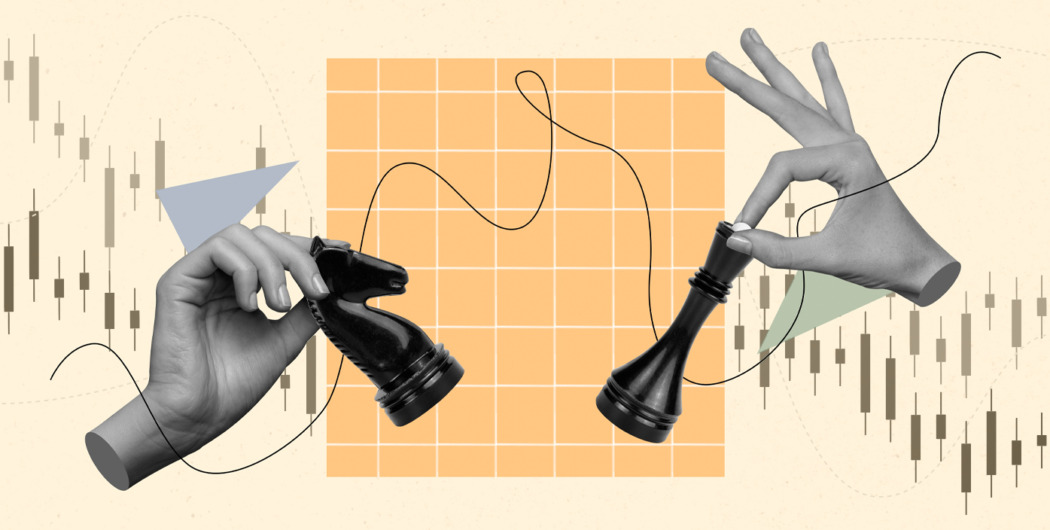

As a trader, there are different ways you can approach the market for optimum trading experience. One of these ways is through “thematic investing.” This is an approach whereby all your trading activities are predicated on the predicted long-term trend or price movements of underlying assets, securities, or markets rather than on the risk factors of specific companies or sectors.
Here, you use neat and detailed infographics of price movements over a set period to make trading decisions. This is contrary to the widespread practice of working with companies or sectors with a track record.
Thematic investing involves understanding the movement in a particular asset or market. It involves meticulously observing a specific market, options, underlying investments, or securities. As new products and needs grow and larger slices of the industry, a thematic investor seeks to pinpoint certain qualities that will ensure sustainability in that field. A trader might also be more enthusiastic about markets of specific properties.
This also includes gaining exposure to identify game-changing or mitigating factors that can completely alter the trajectory of an asset or a whole market.
In simple terms, thematic terms mean investing in the future, where many factors like beliefs, ideas, values, or disruptions can affect or alter the expected outcome of the investment.
Thematic investing examples
There are many thematic investing examples that a portfolio manager can explore. In 2022 alone, more than 40 thematic ETFs and assets reached $133 billion. This is a compound jump from the $27 billion threshold before 2020.
Moreover, some themes have disrupted the economic ecology of the market in 2022. These are dominant thematic investing examples in 2022.
—Rapid urbanization
Many cities are dramatically shifting from rural status to becoming significant cities. This has provided new markets for investors to explore.
—Shifting economic power
Due to some major global events, some localized industries have lost economic significance to some extent. This has made investors and portfolio managers shift focus to alternative markets.
—Climate change and resource scarcity
This has become one of the most potent drivers of emerging markets after 2020. Numerous products and stocks have evolved around this phenomenon, and sustained positive price movements are expected. ETFs that generate alpha has also aggregated around these thematic investing examples.
—Demographics and social change
According to McKinsey, travel and movement are again reaching levels comparable with 2019. The rapid increase has also been realized in business translocation and migration since 2019.
Thematic investing vs derivative investing in 2022
—What is derivative investing?
This is an agreement between two parties concerning financial assets or commodities. A derivative is an investment that relies on the value of another investment made. It is a top-tier trading tool used to predict the price of an underlying asset (not purchasing the investment) to make a profit.
Derivatives denote financial instruments traded through a stock exchange or over the counter and can be categorized into options, future, swaps, and forward.
OTC (Over counter) derivatives have dominated the market. It has been employed chiefly in risk management in the form of hedging. Mostly, forward and future contracts, which are very flexible and expansive, have dominated the market in 2022. It is mainly used to protect against unfavorable price movements and fluctuations in the future.
Swaps have been a minor mode of derivative trade as commodity swaps have taken the back seat. This is because of a mass movement toward thematic investing, which involves good themes that have emerged globally.

Final notes
Thematic investing is becoming the dominant trend in the market. It predicates thematic investing examples that promise positive financial and investment performance.
There are many thematic investing examples for one to explore in 2022. Over this fiscal year, it has been confirmed that thematic investing rules the day in the Thematic vs. Derivative Investing debate. However, the role of the portfolio manager is still to make the best bet on trends that perform.






